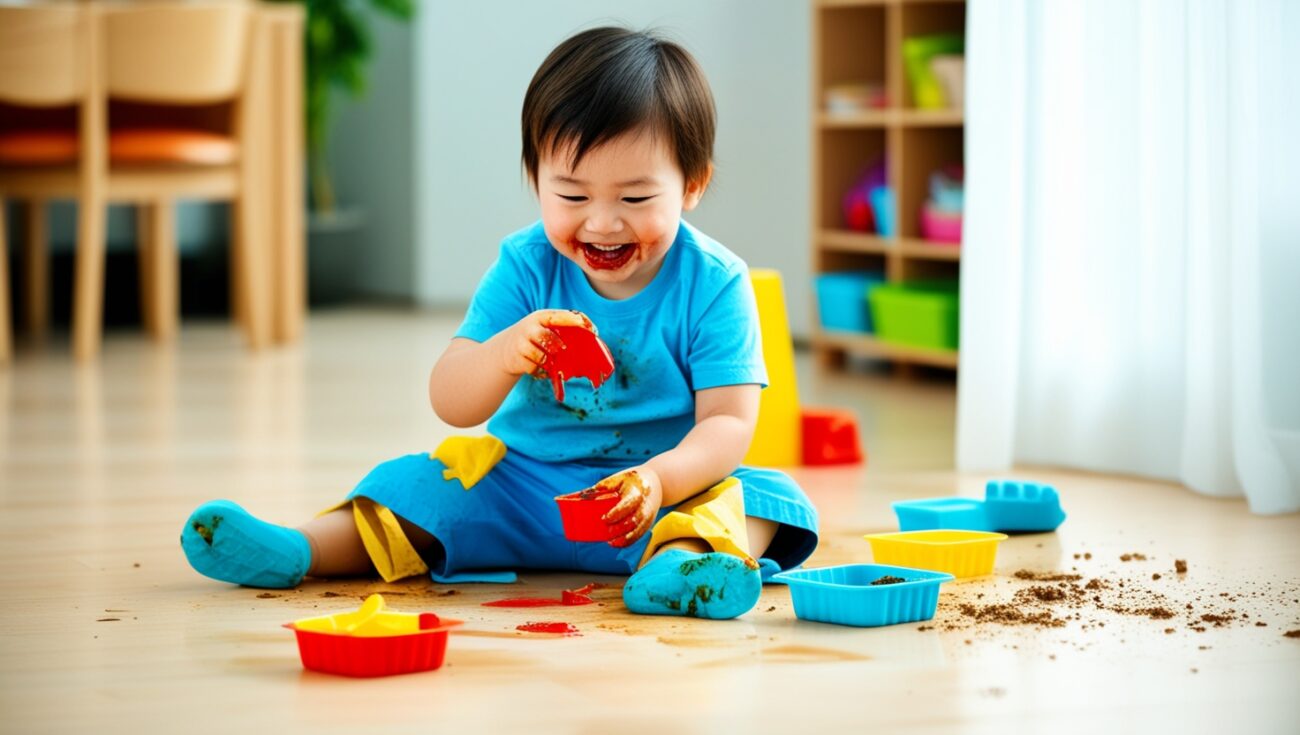Blog
Effective Strategies to Encourage Cooperation in Kids

Are you struggling to encourage cooperation in your kids? You’re not alone. Cooperation is a vital skill for children, but encouraging it can sometimes be a challenge. In this article, we’ll explore some effective strategies to help you foster cooperation in your child. These strategies will not only help children understand the importance of teamwork but also guide them in becoming more collaborative and socially engaged. For a deeper dive into these strategies, don’t forget to check out our detailed video where we demonstrate these techniques and provide real-life examples.
Cooperation is more than just following instructions; it’s about building teamwork, understanding mutual respect, and improving social relationships. It’s important to remember that children, especially younger ones, need clear guidance and positive reinforcement to learn how to cooperate effectively. Let’s dive into the strategies that can help your child become more cooperative at home, at school, and with friends.
Tip 1: Create a Routine of Expectations
Children thrive when they have clear routines and expectations. A predictable routine helps children understand their roles and responsibilities within the family, which fosters a sense of security and willingness to cooperate.
- Set Daily Routines: Establish regular times for activities such as meals, chores, and playtime. When children know what to expect next, they are more likely to engage without resistance.
- Clear Responsibilities: Assign age-appropriate tasks, like setting the table or feeding a pet. When children have consistent responsibilities, they feel a sense of importance and contribution.
- Positive Reinforcement: When your child follows the routine or completes a task, acknowledge their efforts. Phrases like, “Great job helping set the table!” reinforce positive behavior and encourage continued cooperation.
For more practical examples of how to set a routine and foster cooperation through consistency, watch our video where we demonstrate how daily routines can help your child embrace teamwork.
Tip 2: Foster Teamwork Through Shared Activities
Encouraging cooperation goes beyond issuing commands; it involves working together as a team. Shared activities can help children grasp the value of collaboration and develop essential teamwork skills.
- Collaborative Projects: Engage in activities like building puzzles, cooking meals, or cleaning the house together. This teaches kids that cooperation isn’t just about following instructions but about working alongside others.
- Promote Group Play: Encourage group play with friends or siblings. Games that require cooperation, like building something together or playing board games, can help children understand the importance of working toward a common goal.
- Focus on the Process: Emphasize the process of working together, not just the outcome. Instead of only praising the final product, highlight the joy and importance of collaboration itself.
Watch our video for more detailed examples of cooperative projects that encourage teamwork and show how you can turn everyday activities into lessons in cooperation.
Tip 3: Set a Good Example of Cooperation
Children often learn by observing the behavior of the adults around them. Setting an example of cooperation in your daily life can inspire your child to adopt similar behaviors.
- Model Cooperative Behavior: Let your child see you cooperating with others—whether it’s with your spouse, friends, or coworkers. Using phrases like, “Let’s work together to solve this problem,” teaches them practical ways to cooperate in real-life scenarios.
- Show Appreciation: When your child helps you with a task or cooperates with others, express gratitude. Saying, “Thank you for helping me clean up!” reinforces the idea that cooperation is valued.
- Involve Them in Group Tasks: Include your child in adult activities that require teamwork, such as organizing or gardening. This helps them understand that their contributions matter and that working together is important.
For more examples of how to model cooperative behavior in your family life, be sure to watch the video where we share tips on how adults can set positive examples for kids.
Tip 4: Use Positive Language and Encouragement
The way you communicate with your child plays a huge role in how they respond to tasks and cooperation. Using positive language can motivate your child to cooperate willingly.
- Focus on Positive Phrasing: Instead of saying, “Don’t fight with your brother,” try, “Let’s see how you can share with your brother.” Positive phrasing helps children focus on the behavior you want to see.
- Praise Efforts, Not Just Results: Acknowledge the effort your child puts into cooperating, not just the final result. For example, “I’m so proud of how you worked together to clean up the living room” encourages a cooperative attitude.
- Acknowledge Small Wins: Even small acts of cooperation deserve recognition. If your child shares a toy without prompting, say, “That was really kind of you to share. Great teamwork!”
In our video, we demonstrate how positive reinforcement and the use of encouraging language can greatly influence your child’s willingness to cooperate. Don’t miss it!
Tip 5: Provide Incentives for Cooperation
Sometimes, children need a little extra motivation to cooperate. Incentives can be an effective way to encourage positive behavior and teamwork.
- Incorporate Rewards: Set up a system where children earn rewards, such as extra playtime or a fun outing, for demonstrating cooperative behavior. For example, after a week of helping with chores, they can choose a reward.
- Make It Fun: Add a playful element to tasks. For example, say, “Let’s see if we can clean the room in five minutes while working together!” Turning cooperation into a game makes it more engaging.
- Offer Choices: Giving children a sense of control can enhance cooperation. For example, “Would you like to work together on this puzzle or build with blocks?” Giving options makes participation more enjoyable.
For more ideas on how to use rewards and incentives to encourage cooperation, watch our video where we go into detail about setting up fun and motivating systems for kids.
Encouraging cooperation in kids takes time, patience, and consistent effort. By creating a routine of expectations, fostering teamwork, setting a good example, using positive language, and providing incentives, you can help your child develop the cooperative skills they need for school, friendships, and beyond. Remember, cooperation isn’t just about following orders—it’s about building relationships, mutual respect, and learning to work together toward common goals. This lifelong skill will serve your child well in many areas of life.
For a comprehensive review of all these strategies and more visual examples, don’t forget to check out the accompanying video where we show you real-life applications of these tips!
















